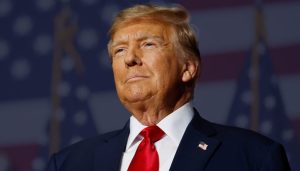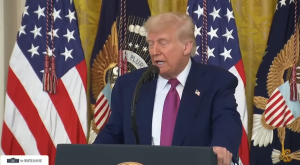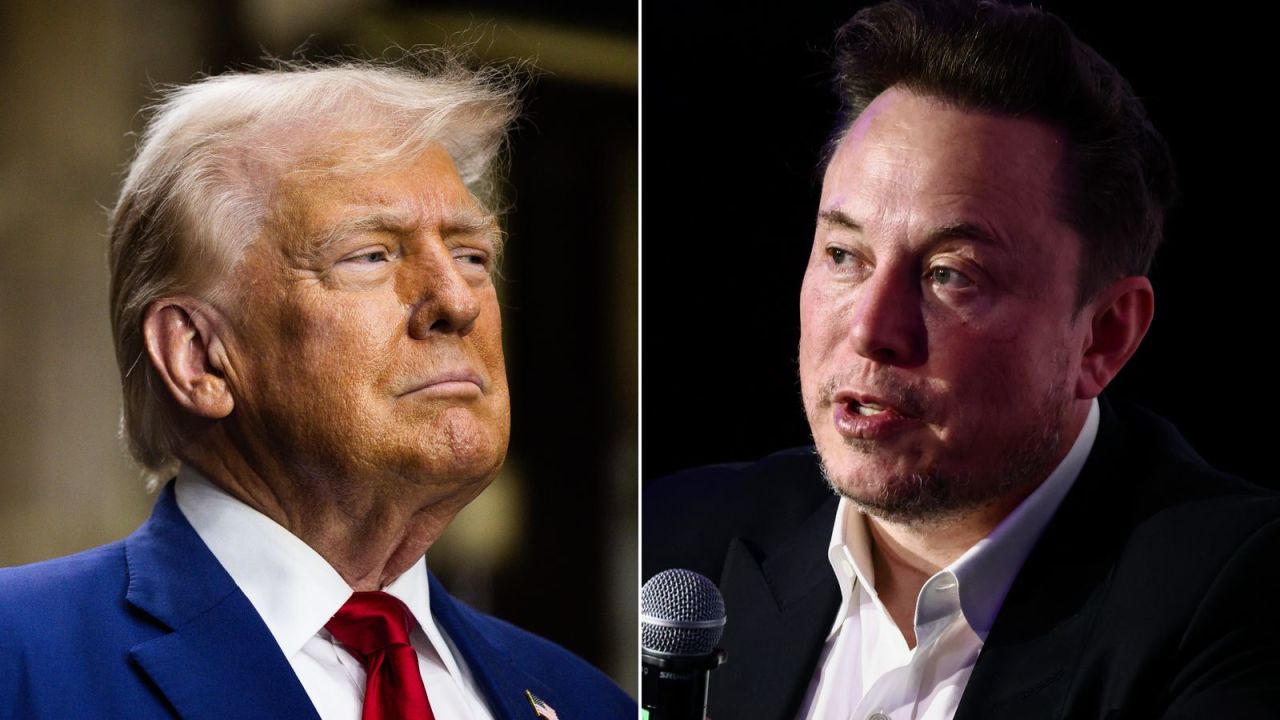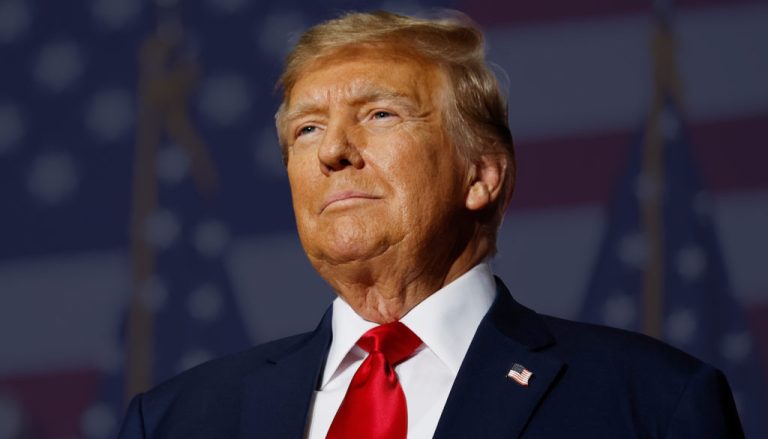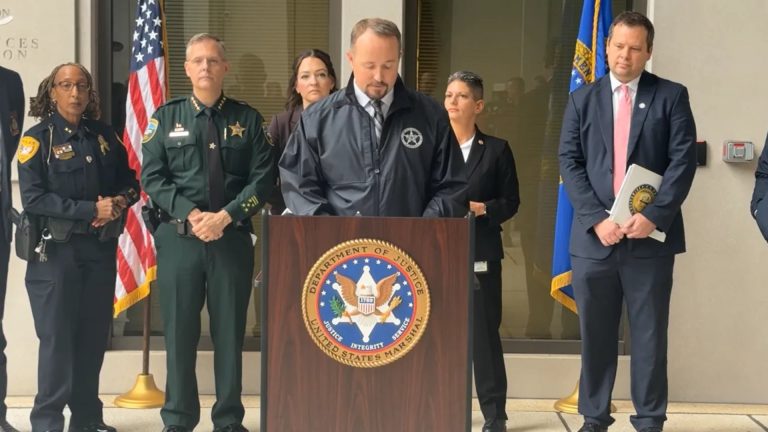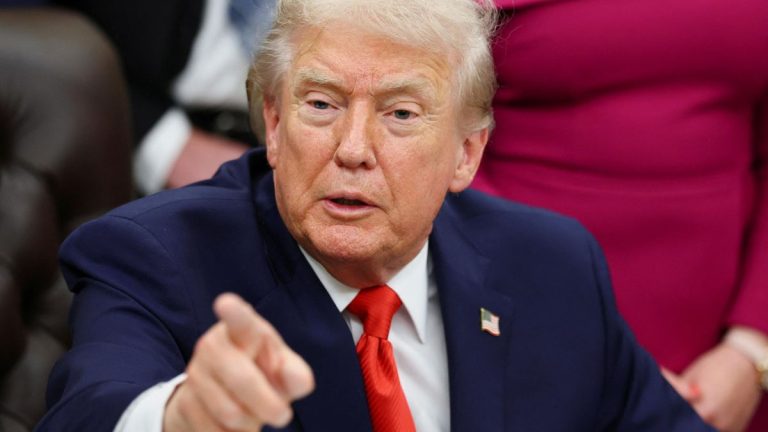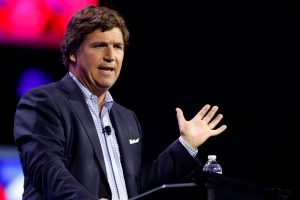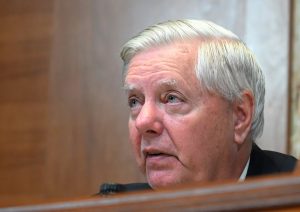NOTE: X Posts at the end of the article.
Tensions are escalating between tech billionaire Elon Musk and former President Donald Trump over a controversial piece of legislation known as the “One Big Beautiful Bill Act.” While Musk has lambasted the bill as bloated and reckless, Republican insiders and policy analysts argue that his opposition may be less about ideology and more about business—specifically, the billions in electric vehicle (EV) incentives that Tesla stands to lose.
The legislation, a massive tax-and-spending package backed by Trump and House Republicans, aims to restructure a wide range of federal spending, including energy subsidies. In a fiery post on X, formerly Twitter, Musk called the bill “a disgusting abomination,” criticizing its expansive spending and accusing Congress of irresponsibility. “Shame on those who voted for it,” Musk wrote. “You know you did wrong. You know it.”
While Musk framed his opposition as a principled stand against wasteful government spending, many observers believe there is a more personal economic stake at play. The bill proposes to eliminate several federal tax credits that directly benefit Tesla and its customers, including the $7,500 credit for new EV purchases, a $4,000 credit for used EVs, and a $1,000 tax incentive for Level 2 home charging installations.
Perhaps more significant is the proposed phase-out of Tesla’s regulatory credits—estimated to be worth $11.4 billion—by the end of 2025. These credits, which Tesla sells to other automakers to help them meet emissions regulations, have been a vital source of profit for the company, particularly in quarters when vehicle sales alone did not generate sufficient income.
A new $250 annual federal registration fee for EVs is also included in the legislation, further compounding concerns for both Tesla and the broader EV market.
“Whenever a business leader takes a strong stance on legislation, journalists and analysts should examine how the bill impacts that individual’s financial interests,” one GOP strategist told Politico. “In this case, it’s clear Musk has a lot to lose if these incentives disappear.”
The debate has added new strain to the once-cordial relationship between Trump and Musk. Axios reported that the relationship began to fray significantly after the tax credits were targeted in the latest draft of the bill. While Musk has long claimed to oppose subsidies, he has also admitted that the EV tax credit has helped Tesla maintain its competitive edge. “Removing the $7,500 credit would slightly hurt Tesla, but it would devastate our competitors,” Musk said in a past interview.
In response to Musk’s recent barrage of criticism, Trump reportedly warned of reviewing or even revoking federal contracts with Musk’s other ventures, including SpaceX. In turn, Musk threatened to suspend NASA-linked operations involving the Dragon spacecraft if retaliatory measures were taken against his companies.
As the bill continues its journey through Congress, the clash between two of the most powerful figures in modern America—one from politics, the other from tech—illustrates how government policy can spark high-stakes showdowns with billions of dollars on the line.
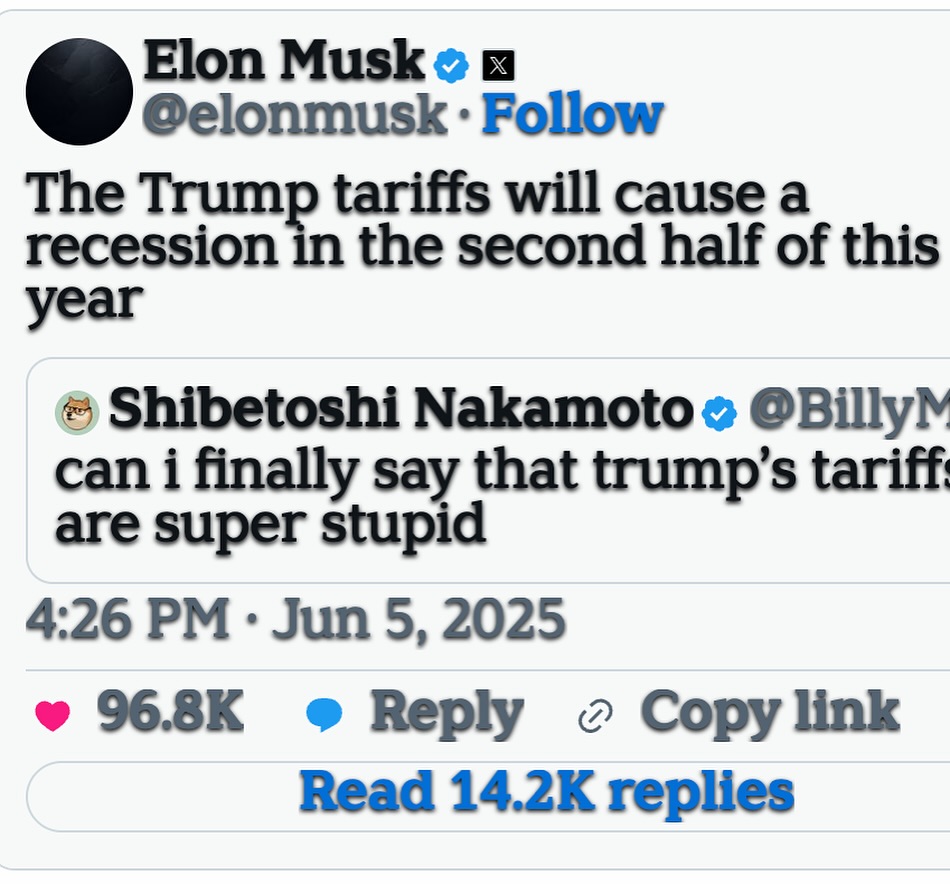
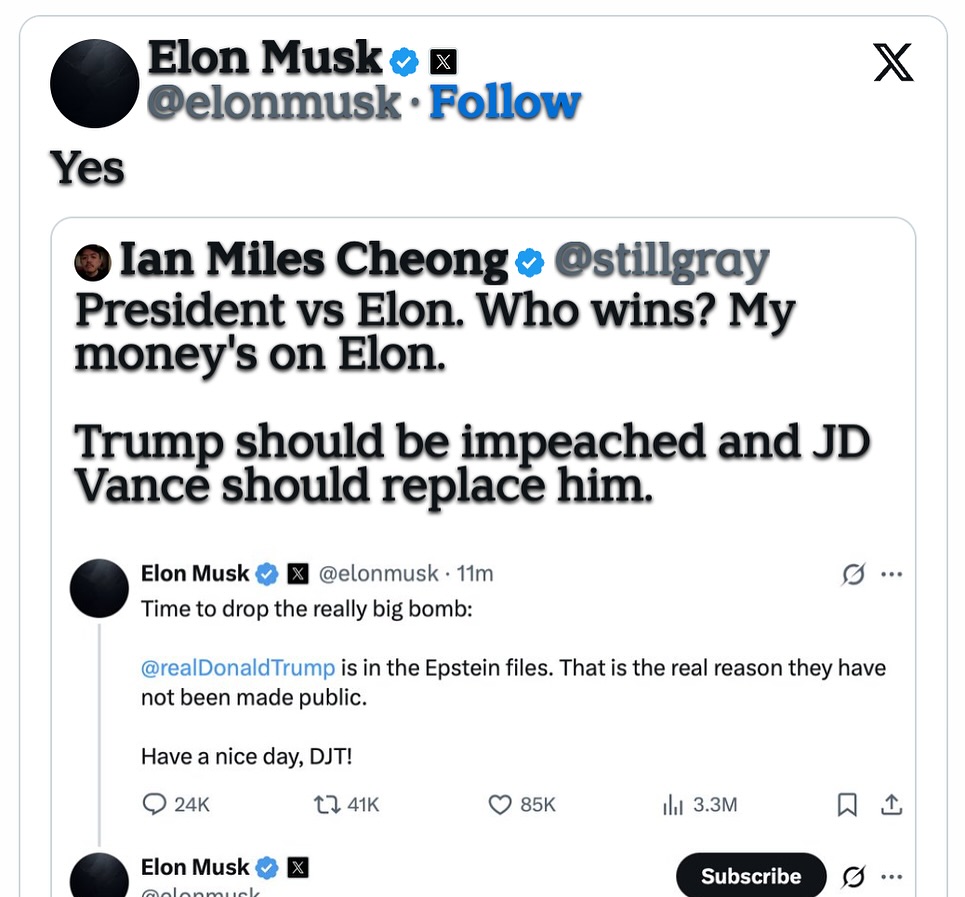

James Jenkins is a celebrated Pulitzer Prize-winning author whose work has reshaped the way readers think about social justice and human rights in America. Raised in Atlanta, Georgia, James grew up in a community that instilled in him both resilience and a strong sense of responsibility toward others. After studying political science and creative writing at Howard University, he worked as a journalist covering civil rights issues before dedicating himself fully to fiction. His novels are known for their sharp, empathetic portraits of marginalized communities and for weaving personal stories with broader political realities. Jenkins’s breakout novel, Shadows of Freedom, won national acclaim for its unflinching look at systemic inequality, while his more recent works explore themes of identity, resilience, and the fight for dignity in the face of oppression. Beyond his novels, James is an active public speaker, lecturing at universities and participating in nonprofit initiatives that support literacy and community empowerment. He believes that storytelling is a way to preserve history and inspire change. When not writing, James enjoys jazz music, mentoring young writers, and traveling with his family to explore cultures and stories around the world.
